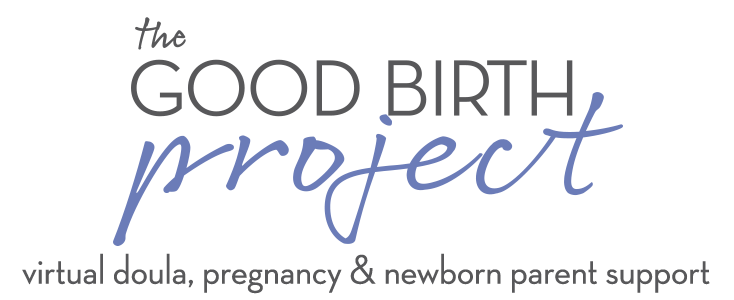On July 13th, I put my 20 year old on a plane, which would ultimately take her to Sydney, Australia. Australia, just so you know, is geographically on the absolutely other side of the world from our house. It exists in the Pacific Rim – a term that makes me feel as though she might as well be in another dimension. Sydney is fourteen hours ahead of our time zone. What that means is that often I close our Blackberry messenger text conversations with “let’s ‘speak’ in your today, my tomorrow”, which is more for my calculations than hers and helps me wrap my head around the fact that we literally exist for portions of each day in two different dates.
As timing would have it, Hallie needed all four of her wisdom teeth removed before she would leave, another ritual of emerging adulthood. This is my child who doesn’t get ruffled by medical procedures and copes stoically through physical pain but because she ended up with a “dry socket” (where the clot doesn’t hold, leaving the bone exposed, just fyi), her post op pain went from not good to really, really bad. We spent the week of her recovery symbiotically immersed. My life was pretty much on hold as I took care of her, just like when the kids were little – shopping, preparing and inventing things she would or could drink or swallow, managing her medications, helping her get up in the morning and settling her on the couch downstairs for the day, helping her get to the bathroom, change her pajamas, bathe her. We even slept together, either in her bed or mine. I thought it was just easier for me to take care of her in the night, but she whined the first night I slept away from her.
The week before Hallie left, she was nearly impossible to live with. It isn’t rocket science. In times of transition, Hallie’s behavior is not unlike the toddler she once was –lashing out in anger rather than talking about what is going on for her. Much of the time, she needs her space. Some of the time, she needs me to set my boundaries so she can still bang up against them, not unlike finding the ropes in a boxing ring. But all of the time, she still needs to know that I love her and always will.
We arrived at Newark Airport before much of it was operating. As we made our way to her airline, I found myself casually on the lookout for other kids with their families gathered around them who looked as though they might also be heading off for junior semesters abroad in the Pacific Rim, in hopes of finding her a “buddy”. This wasn’t unfamiliar. I used to “pimp” for the kids when they were little – trying to round up someone to play with at the beach on vacations, at the playground, on the first day of nursery school.
We checked her baggage. Hallie didn’t want me to stick around. She made it clear that it would be easier for her if I just left. We hugged tight and I drew in her scent as deeply as I could, committing it to sense memory, like an animal.
Managing the polarity in parenting is code for learning both when to hold on…and when to let go.
